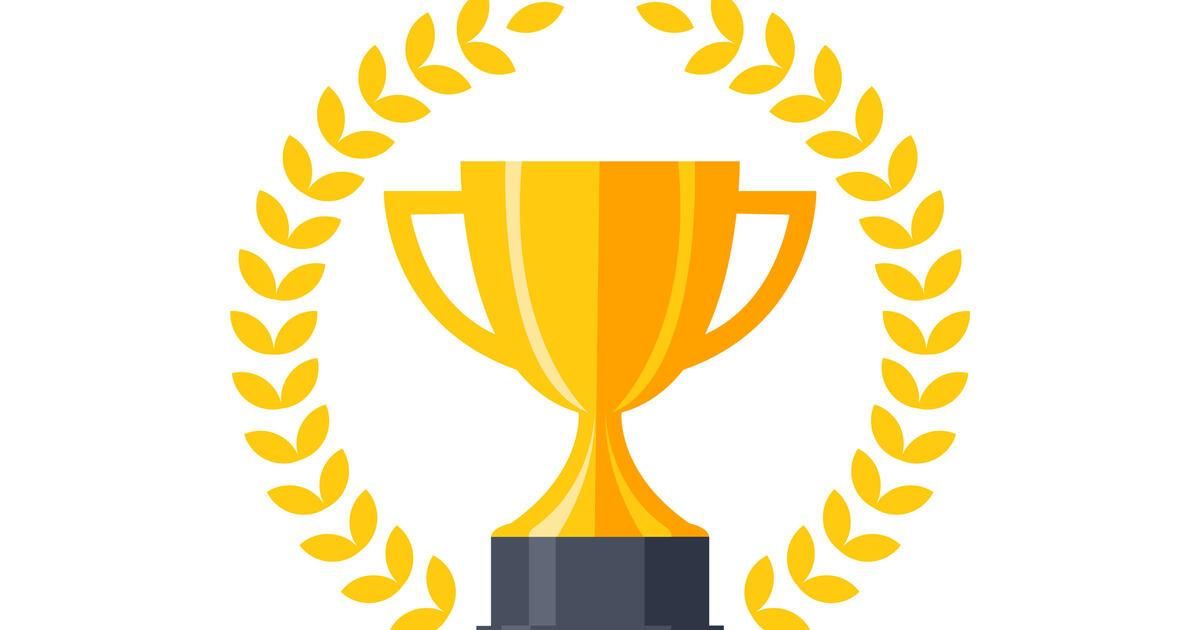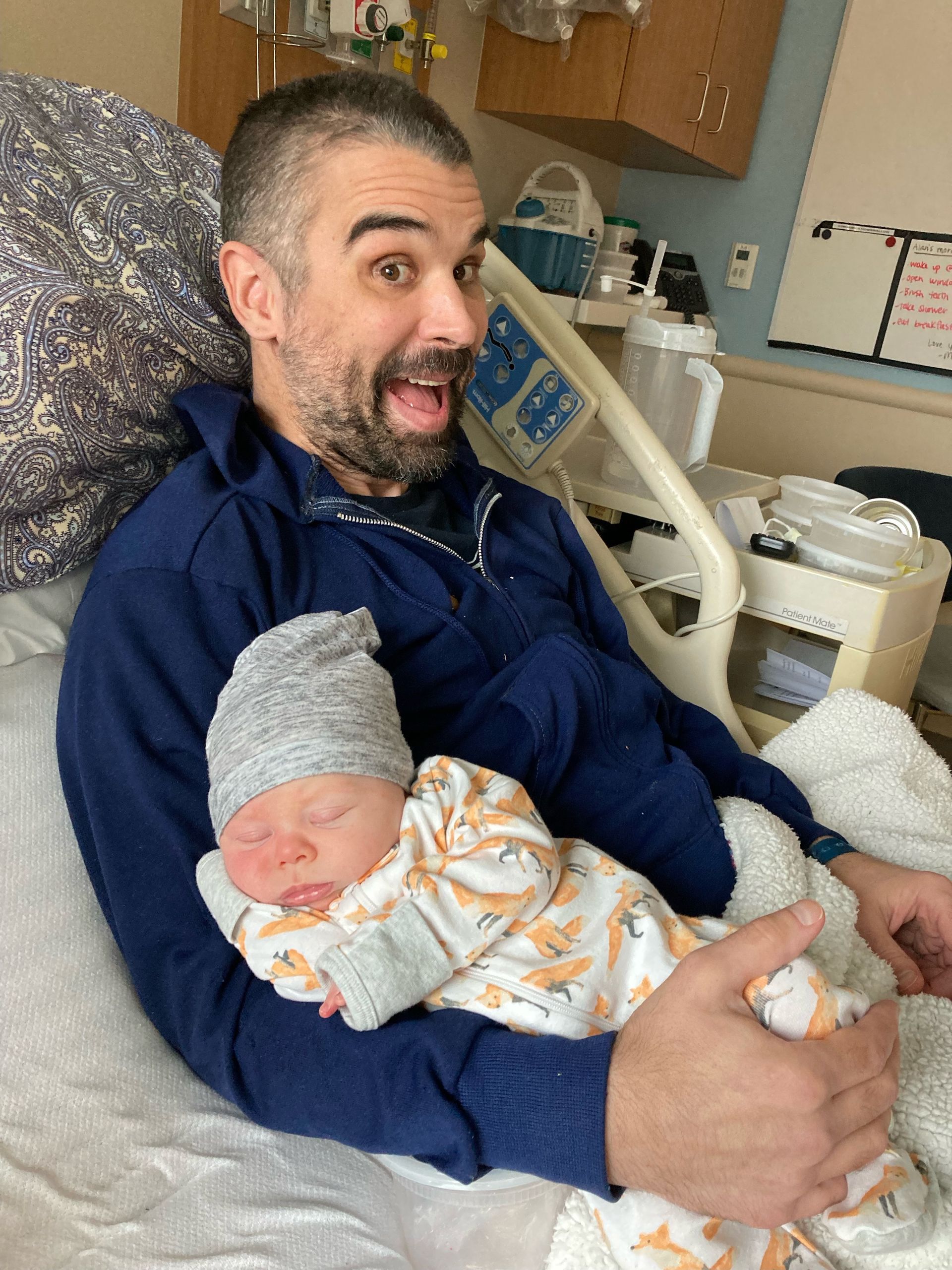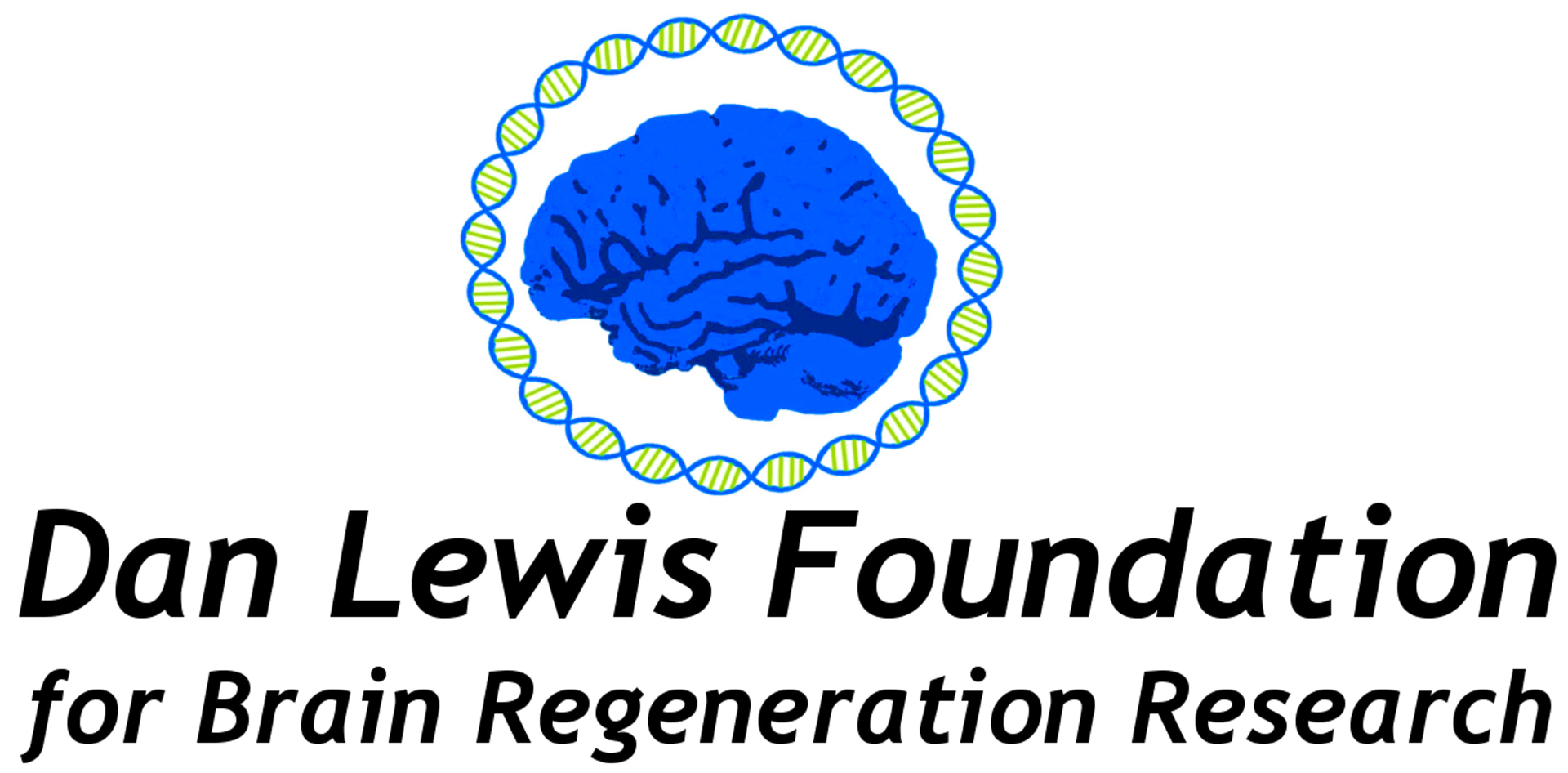
Stephen Mark Strittmatter, MD, PhD, earned his undergraduate degree from Harvard, and completed doctoral training at Johns Hopkins. His medical internship and neurology residency were at Massachusetts General Hospital. He joined the Yale faculty in 1993, and is now Chair and Professor of Neuroscience and Vincent Coates Professor of Neurology. He is Director of the Kavli Institute for Neuroscience at Yale, the Yale Cellular Neuroscience, Neurodegeneration and Repair Program, the Yale Alzheimer Disease Research Center and the Yale Memory Disorders Clinic.
His work on developmental axonal guidance led to his discovery of a Nogo Receptor pathway critical for axonal re-growth after injury. He showed that glia-derived inhibitors bind this receptor, activate RhoA and prevent neural repair. He developed a soluble Nogo Receptor decoy protein that blocks the endogenous ligand-receptor interaction, promoting recovery from spinal cord injury and stroke. This therapeutic protein is now in clinical trials for patients with chronic spinal cord injury. Strittmatter has also translated discoveries in neurodegeneration to clinical approaches. Using innovative screens, he identified the roles of Prion Protein and metabotropic glutamate receptor 5 (mGluR5) as Aß oligomer receptors. He linked activation of these receptors to a pair of synaptic tyrosine kinases, the Tau-interacting Fyn and the AD risk gene PTK2B. Critically, this pathway contributes to synapse loss and memory deficits in preclinical models. He subsequently identified a Fyn inhibitor which was tested in an AD clinical trial. Strittmatter has developed additional methods for targeting this pathway with robust preclinical efficacy. One approach uses novel mGluR5 silent allosteric modulators, which are now in clinical trials.
An author of over 280 original reports, Dr. Strittmatter has been recognized by the King Faisal International Prize in Medicine, Ameritec Award for Spinal Injury Research, McKnight Brain and Memory Disorders Award, Alzheimer Association Zenith Fellow Award, Senator Jacob Javits Award in the Neurosciences, and an NINDS Outstanding Investigator Award.


